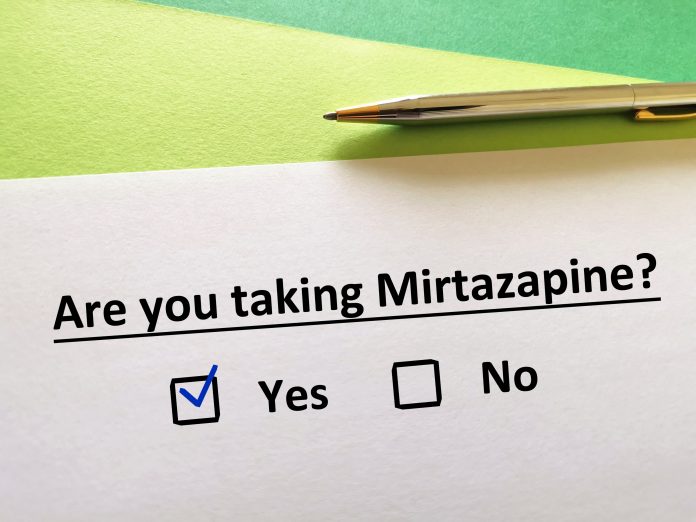Mirtazapine, an antidepressant drug given to dementia patients, has been found to be no more effective than a placebo and increases mortality
New research by the University of Plymouth has found that the antidepressant, mirtazapine, did not improve agitation in dementia patients and was associated with increased mortality.
Researchers recruited 204 people with probable or possible Alzheimer’s disease and gave half mirtazapine and the other half a placebo. The trial was double-blind; meaning that neither the researcher nor the participants knew what they were taking.
Risk of increased mortality
The results showed that there was no reduction in agitation after 12 weeks and there were seven deaths in the mirtazapine group compared with one in the control group, by week 16.
Lead researcher Professor Sube Banerjee, Executive Dean of the Faculty of Health and Professor in Dementia at the University of Plymouth, explained:
Quality of life
“Dementia affects 46 million people worldwide – a figure set to double over the next 20 years. Poor life quality is driven by problems like agitation and we need to find ways to help those affected.
“This study shows that a common way of managing symptoms is not helpful – and could even be detrimental. It’s really important that these results are taken into account and mirtazapine is no longer used to treat agitation in people with dementia.
“This study has added important information to the evidence base, and we look forward to investigating further treatments that may help to improve people’s quality of life.”
The full study, Study of mirtazapine for agitated behaviours in dementia (SYMBAD): a randomised, double-blind, placebo-controlled trial, has been published in The Lancet.








